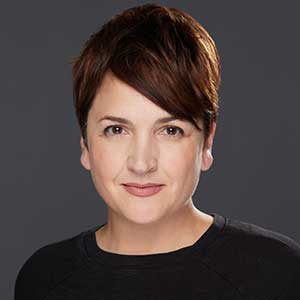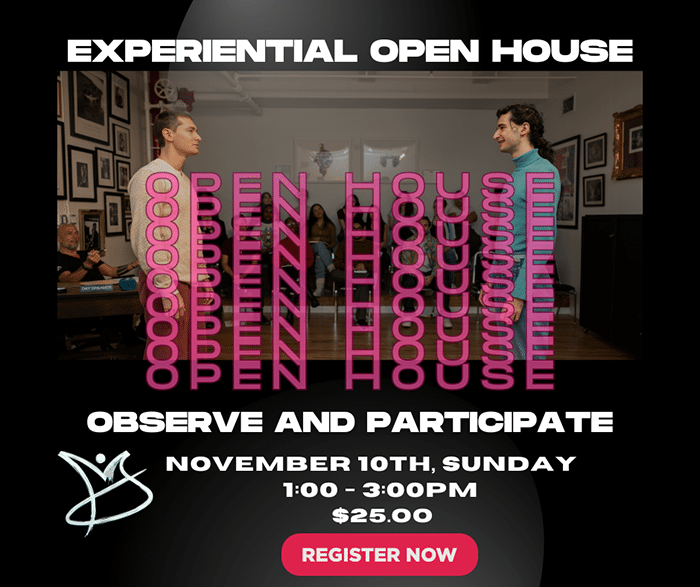Script Analysis: Specificity and Clarity
The Script Analysis at Maggie Flanigan Studio covers texts by Chekhov, Shakespeare, Ibsen, racially diverse American Realists, as well as contemporary playwrights and new works. Students will learn a hands-on, working methodology of analysis so they can shape their roles in theater, TV, and film with specificity and clarity.
Young actors are often at a loss when told to break down and prepare a script. In Script Analysis class, students will develop a personal, detailed, thorough process of preparing for the first day of rehearsal. More specifically they will learn to see the script as a score full of detailed information that creates the framework for their work on a character, and a jumping off point for their creativity and intuition as an actor. Students will learn to analyze a scene beat by beat and to find actions, objectives, and obstacles that are playable and based on a close, intelligent reading of the text.
The Elements of Storytelling
This class also teaches a thorough understanding of the elements of storytelling – how does your character and the choices you make as an actor fit into the larger vision of the play and the production? It will enable the student to be in intelligent conversation with the director and the other cast members, rather than creating in a vacuum. By taking Script Analysis, students will also feel more confident talking about their work in auditions and casting director meetings. The class progresses organically from looking at storytelling, to work on the character, to detailed beat-by-beat work on scenes.
Students will be given individual characters again and again and assigned to prepare them as if they were going into a first rehearsal or first day on the set, developing an greater facility with the steps of preparation. Students will frequently apply their knowledge through scene readings in class. Later in the year, students will learn to do period research in a way that enriches and inspires their performance. The class also covers aspects of working on non-naturalistic texts, and will culminate in addressing the special skills needed when working on new plays – knowing how to work on characters that are not fully formed or written, how to ask a playwright inspiring and helpful questions, and how to prepare for a new play workshop.
Intelligent Collaborations
Aspiring actors can make the mistake that believing that taking an acting class is all that is needed. Students who take Acting 2 alongside Script Analysis in second year give themselves the opportunity to apply what they are learning in an essential secondary class. Not only will Script Analysis challenge you to apply your Acting 2 skills, it is also a significant source of insight into how directors work.
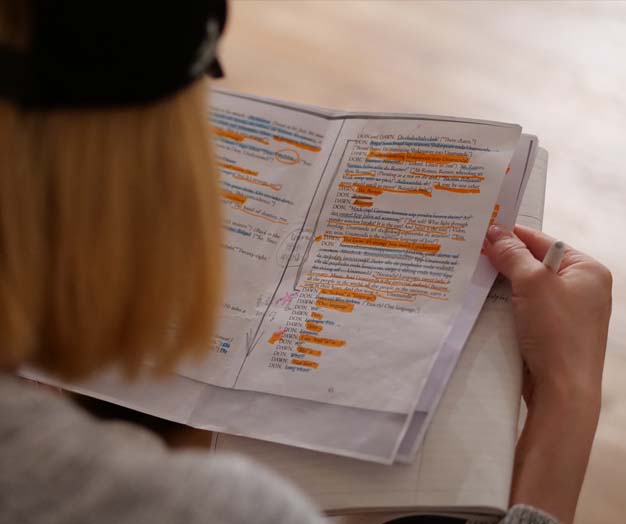
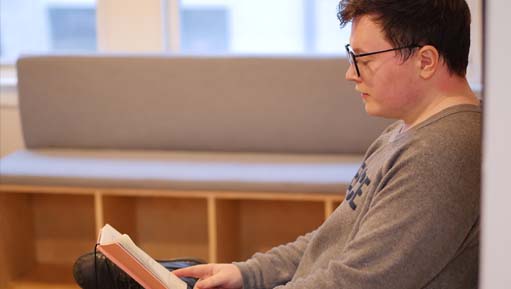

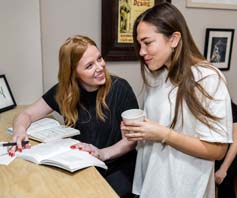
JESSICA HOLT
Jessica Holt received her MFA in Directing from the Yale School of Drama, and holds an MA in Performance Studies from UC Berkeley. She has trained with Liz Diamond, Ron Van Lieu, Robert Woodruff, Peter Francis James, Christopher Bayes, Walton Wilson, Karin Coonrod, May Adrales, David Chambers, Jane Nichols, Jeanie O’Hare, Richard Seyd, and Paula Vogel, as well as many other artists.
STUDENT TESTIMONIALS
“Louisa has an unmatched ability to help you nurture your “hunting” skills when you are working with a script. Script Analysis Class gives you the tools you need to form your personal process from the first read of a new script all the way through the rehearsal process.”

Logan Ricket
“I now use what I learned in the script analysis class whenever I get a new script, monologue, or sides, and these skills always lead me to discoveries and bring a greater depth to the story and the character I am attempting to portray.”



